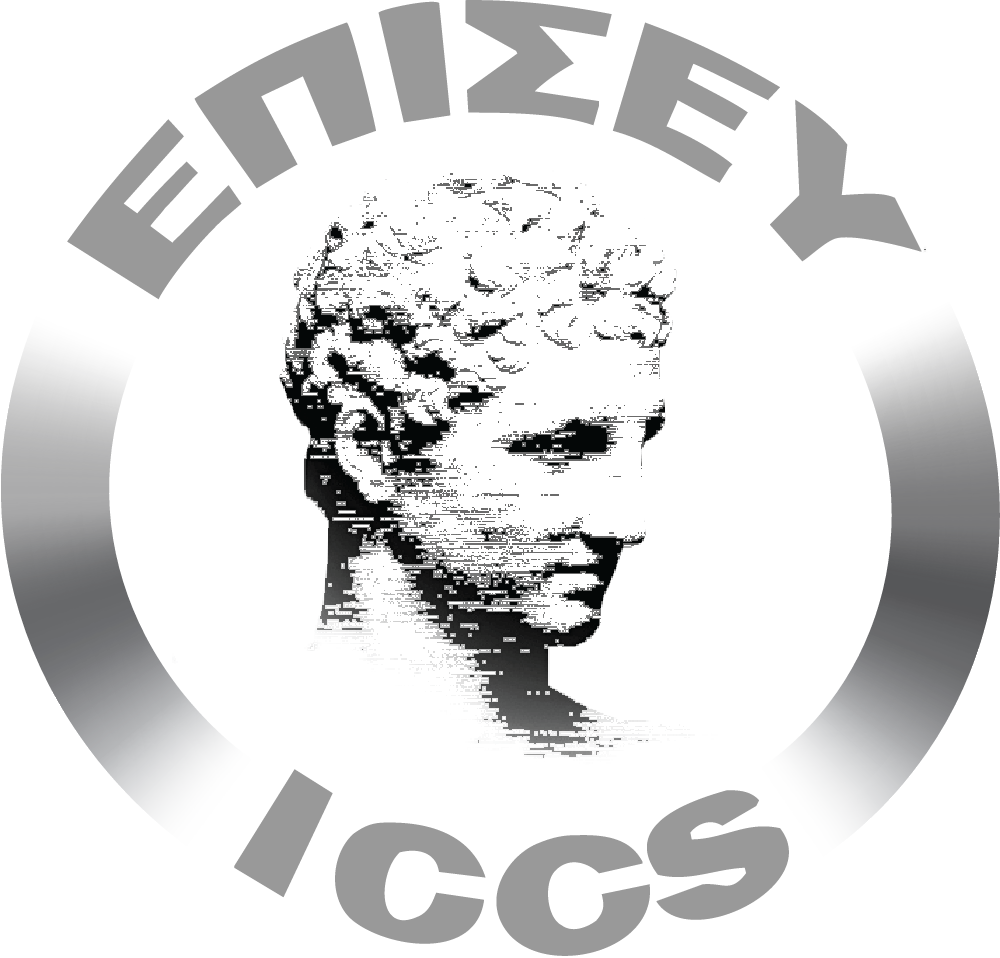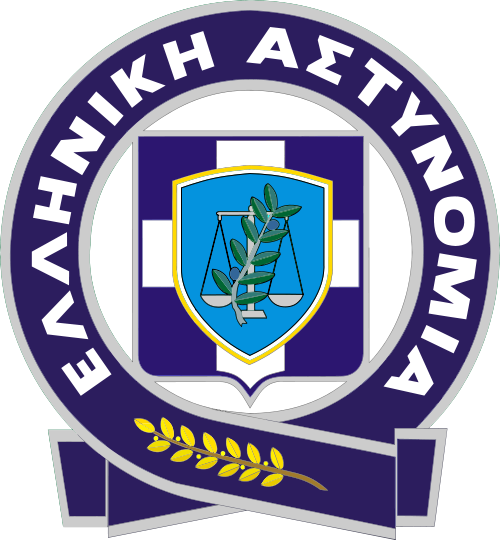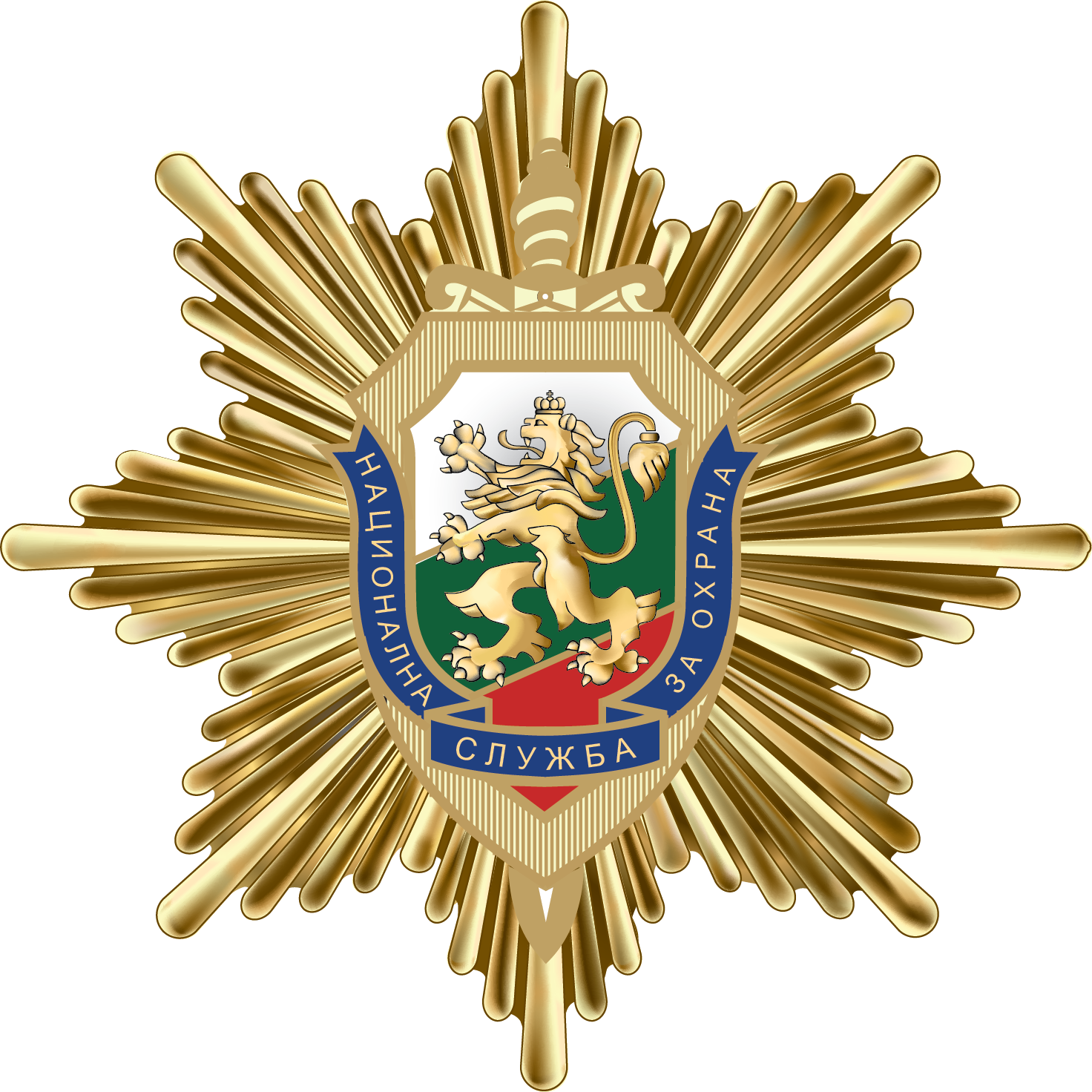Consortium

Centre for Research & Technology Hellas (CERTH), Greece
The Centre for Research and Technology Hellas was fοunded in March 2000, it is a legal entity governed by private law with non-profit status, supervised by the General Secretariat for Research and Innovation (GSRI) of the Greek Ministry of Development. The Information Technologies Institute (ITI) was founded in 1998 as a non-profit organization under the auspices of the GSRI of Greece, with its head office located in Thessaloniki, Greece. Since 2000 it is a founding member of CERTH.
CERTH-ITI participates in SAFEGUARD via the Multimodal Data Fusion and Analytics Group (M4D) of the Multimedia Knowledge and Social Media Analytics Lab (MKLab), which has significant experience and scientific expertise in Web & Social Media Μonitoring and Mining, Computer Vision, Interactive Multimedia Search and Retrieval, Multimodal analytics based on AI, Multimodal Data Fusion, Semantic Technologies and Integration of heterogeneous resources, Knowledge Representation & Reasoning, Big Data Analytics, as well as Decision support and visual analytics.

Institute of Communication and Computer Systems (ICCS), Greece
ICCS, Institute of Communication and Computer Systems, is a non-profit Academic Research Body established in 1989 by the Ministry of Education, Research and Religious Affairs to carry applied Research and Development activity in the areas of telecommunications, computer systems and their application in a variety of research themes.
ICCS is linked to the National Technical University of Athens (NTUA) and in particular with the School of Electrical and Computer Engineering (ECE). ICCS consists of more than 50 labs, research groups and teams, dealing with all aspects of Electrical and Computer Engineering and employs approximately 800 researchers and scientists including Faculty Members, permanent or long-term Researchers. ICCS has coordinated and participated in a large number of Research Projects, both EU funded and National ones and has worked with several industry leaders since its establishment.

Foundation for Research and Technology – Hellas (FORTH) | Institute of Computer Science (ICS), FORTH-ICS, Greece
FORTH is the largest and most prestigious research centre in Greece with high-end facilities and highly qualified personnel. Its Institute of Computer Science (ICS) has a long tradition in basic and applied research and is leading internationally. The Computational Vision and Robotics Laboratory studies 3D vision for static and dynamic scenes, object and person recognition, and real-time graphics. The Human-Computer Interaction Laboratory is an internationally recognised centre in Human Design, UI technology & design, and Universal Access & Design for All. The laboratories have computational and hardware facilities for real-time vision and XR. FORTH brings expertise in Computer Vision, Advanced and 3D Digitisation, and Natural User Interfaces.

Center for Security Studies (Kentro Meleton Asfaleias – KEMEA), Greece
The Center for Security Studies (Kentro Meleton Asfaleias – KEMEA), founded in 2005, is a research center overviewed by the Hellenic Ministry of Citizen Protection, aiming to support security policy implementations in Greece, at a strategic level. KEMEA’s main activities include a) research and development of National and European projects in close cooperation with LEAs, b) training and certification of practitioners on security issues and c) enhancement of collaboration between LEAs and corresponding agencies, research institutions, academics and the industry. In relation with the Protection of Public Spaces (PPS), KEMEA developed and operates the Operational Center Simulation Infrastructure (OCSI), which is a test environment and a fully operating legacy system simulator, which supports system development, integration, validation and testing from the mockup scale, up to demo pilot and preoperational level. In 2022, KEMEA received grant for five PPS projects out of which, four from ISF (HECTOR, SPIRIT, PARTES, HOTHREAT) and one from Western Balkans Policy & Regional Strategy of EC.

Hellenic Police (ELAS), Greece
The Hellenic Police assumed its present structure in 1984 when the Gendarmerie and the Urban Police Forces were merged (Law 1481/1-10-1984, Government Gazette 152 A). Hellenic Police is a Law Enforcement Agency according to the Law nr. 2800/2000 and its mission is to: ensure peace and order as well as citizens’ unhindered social development, a mission that includes general policing duties and traffic safety – prevent and interdict crime as well as to protect the State and the democratic form of government within the framework of constitutional order, a mission that also includes the implementation of public and state security policy – prevent and deter the illegal entrance-exit of aliens in Greece and to control the implementation of the legislation related to the entrance, exit, stay and labor of aliens in the country, including the policing of aliens and the protection of borders Hellenic Police is comprised of both central and regional Services. Hellenic Police’s headquarters is the supreme authority over these Services. Its efforts centre on the fulfilment of the Force’s mission, within the framework of the Ministry of Citizen’s Protection policy.

KMOP – Social Action and Innovation Centre (KMOP), Greece
The Center for Security Studies (Kentro Meleton Asfaleias – KEMEA), founded in 2005, is a research center overviewed by the Hellenic Ministry of Citizen Protection, aiming to support security policy implementations in Greece, at a strategic level. KEMEA’s main activities include a) research and development of National and European projects in close cooperation with LEAs, b) training and certification of practitioners on security issues and c) enhancement of collaboration between LEAs and corresponding agencies, research institutions, academics and the industry. In relation with the Protection of Public Spaces (PPS), KEMEA developed and operates the Operational Center Simulation Infrastructure (OCSI), which is a test environment and a fully operating legacy system simulator, which supports system development, integration, validation and testing from the mockup scale, up to demo pilot and preoperational level. In 2022, KEMEA received grant for five PPS projects out of which, four from ISF (HECTOR, SPIRIT, PARTES, HOTHREAT) and one from Western Balkans Policy & Regional Strategy of EC.

Bulgarian Defense Institute (BDI) “Professor Tsvetan Lazarov”, Bulgaria
The Bulgarian Defence Institute (BDI) “Professor TsvetanLazarov” was established by a decree of the Council of Ministers of the Republic of Bulgaria #140 of 04.06.2009 as the main scientific-research structure at the Bulgarian Ministry of Defence. The main areas of activates of BDI are: Scientific and applied research, development and experimental design activities in the area of Armaments, C4I Systems, Military Technologies, Logistics, Equipment and Materials; Defence technology foresight; National, regional and international security; Human Factors in Defence and Security; Support to the Analysis of the trends in the development of the Armaments, C4I Systems, and Military Technologies, Logistic Equipment and materials; Support to the Integrated Project Teams through taking part in the preparation, scientific monitoring and complete implementation of the defence programs and projects; Education of PhD students in accredited doctoral programs; Support of the activities of the Armaments Council and the Defence Capabilities Council of the Bulgarian MoD; Cooperation in the sphere of research, development, testing and certification of the defence products in the frameworks of NATO, the European Union, as well as on bilateral basis; Development of technical specifications, programs and methods for testing, as well as standardization and other documents, related with the acquisition of defence products; Certification of Quality Management Systems of the Bulgarian Armed Forces in accordance with NATO Standards, guaranteeing of the quality and assessment of the compliance during the process of acquisition of defence products; Ensuring of air safety and flying suitability of the military aerial vehicles, as well as of the aerial vehicles of the Ministry of the Interior; Coordination of the national contribution to NATO Science and Technology Organization and the European Defence Agency. BDI has extensive experience in collaborative research (FP7, ESA, EDA, H2020), having participated in numerous European projects involving rich consortia.

Bulgarian National Service of Protection (NSP), Bulgaria
The National Service for Protection of Bulgaria (NSP) is a budget-supported legal entity and has been represented a specialized paramilitary state body under the President of the Republic of Bulgaria since 1991. The mission of the NSP is to maintain a high level of security for state authorities, foreign delegations and high-ranking guests residing in the country, as well as other individuals. The tasks of the NSP, in the context of countering the global threat of terrorism, are to: 1) Predicts and reveals threats to the safety of protected persons and objects; 2) Prevents and intercepts encroachments against the protected persons and objects; 3) Ensures the safety of the protected persons in their places of residence, as well as during their movement; 4) Ensuring the safety of protected objects; 5) Ensures, within the limits of its competence, the functioning of the special communications of the protected persons; 6) Ensures the protection of protected persons and objects in the event of terrorist activity. The strategic goal of the NSP for the period 2023-2033 is “Providing high-tech and competent services for state security, meeting global social and technological trends and international practices.”
